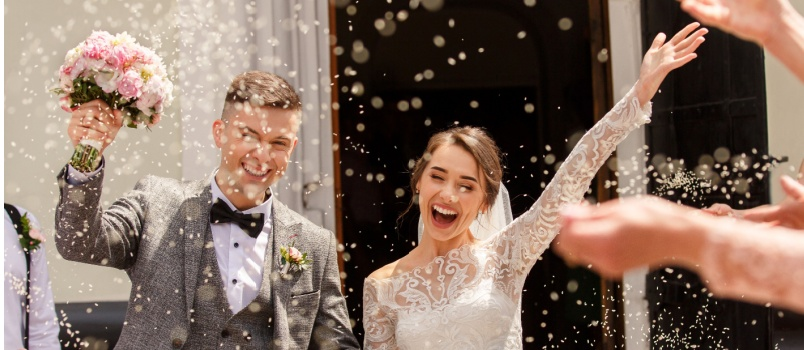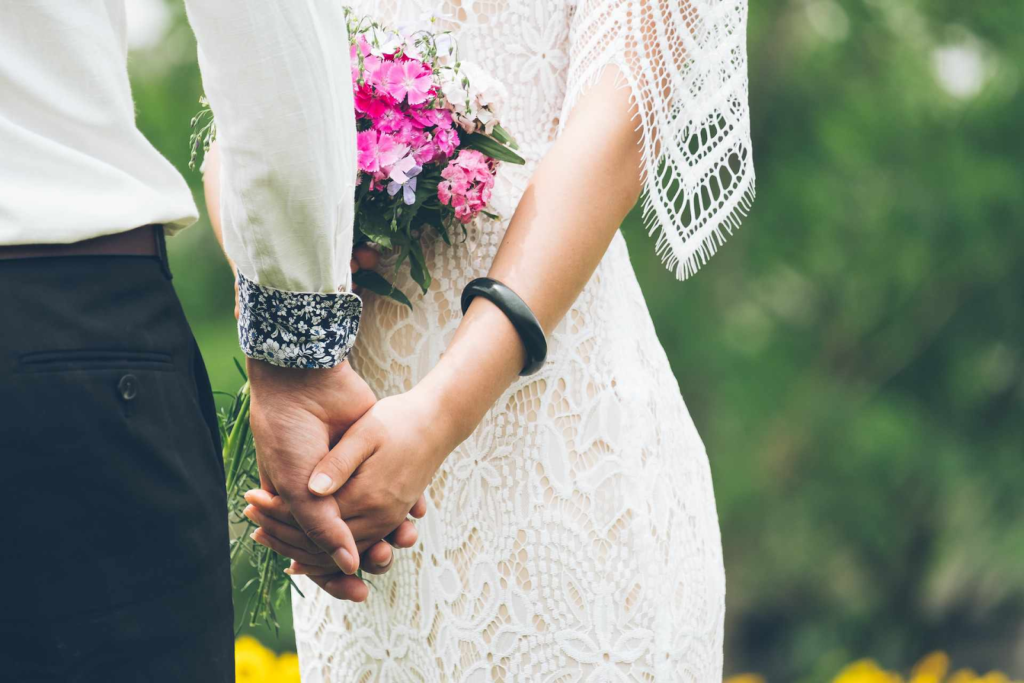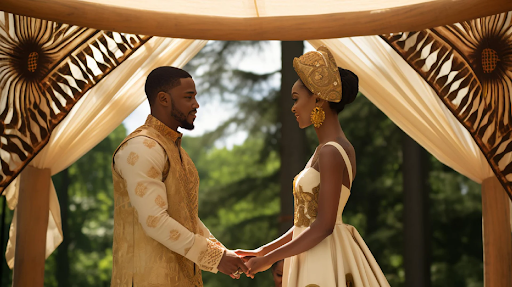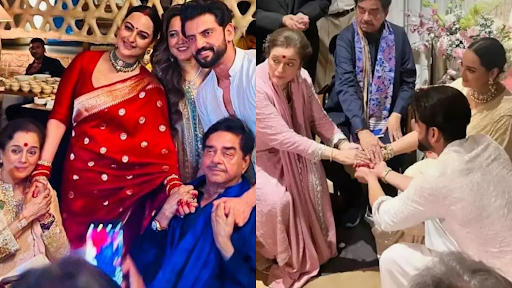Introduction
Marriage is a universal institution, but its form and significance can vary dramatically across different cultures. While it is fundamentally a personal union between two individuals, marriage often serves as a reflection of cultural beliefs and societal norms. These deep-rooted traditions and values play a significant role in shaping individuals’ choices as they navigate their quest for a lifelong partnership.

In this blog, we explore how cultural beliefs influence marriage decisions across the globe, shedding light on the diverse practices and rituals that shape the institution of marriage.
1. Cultural norms and expectations
Cultural beliefs surrounding marriage set expectations for individuals within a society. These norms dictate who to marry, when, and under what circumstances. For instance, in some cultures, arranged marriages are still prevalent, where families play a significant role in choosing a suitable partner based on factors like family background, socioeconomic status, and cultural compatibility. These norms ensure the continuity of traditions and reinforce social cohesion within the community.
2. Religious Influence
Religion often plays a pivotal role in shaping cultural beliefs about marriage. Many religious traditions have specific guidelines and rituals governing matrimonial unions. For example, in Christianity, marriage is considered a sacred covenant between a man and a woman, while in Islam, marriage is viewed as a contract with religious obligations and responsibilities. These religious teachings influence not only the ceremony but also the expectations of
marital roles and responsibilities.
3. Preservation of Cultural Identity
Marriage decisions are also influenced by the desire to preserve cultural identity and heritage. Marrying within one’s cultural group or community helps maintain traditions, languages, and customs that define a person’s identity. It ensures the continuity of cultural practices from one generation to the next, fostering a sense of belonging and pride in one’s heritage.

4. Social and Economic Considerations
In many cultures, marriage is not just a union of individuals but also a merging of families and resources. Cultural beliefs often influence decisions regarding the economic and social benefits of marriage. For instance, marriages may be arranged to strengthen familial alliances, consolidate wealth or property, or improve social status within the community.

5. Influence on Gender Roles and Expectations
Cultural beliefs about marriage also shape gender roles and expectations within relationships. These beliefs define what is considered appropriate behavior for men and women in marriage, impacting everything from household responsibilities to decision-making processes. In patriarchal societies, for example, traditional beliefs may dictate that men are the primary breadwinners while women are responsible for domestic duties and child-rearing.
6. Negotiating Modernity and Tradition
As societies evolve and modernize, there is often a tension between traditional cultural beliefs and contemporary values. Younger generations may navigate between honoring cultural traditions and embracing individual autonomy and personal choice in marriage decisions. This negotiation often leads to hybrid practices where elements of tradition are combined with new ideas about love, compatibility, and partnership.

Conclusion
Cultural beliefs are a powerful force that shapes marriage decisions in profound ways. They provide a framework through which individuals understand and navigate relationships, influencing who they marry, how they marry, and why. Understanding these cultural influences helps us appreciate the diversity of marital practices worldwide and underscores the importance of cultural sensitivity and respect in discussions about marriage. Ultimately, whether one adheres strictly to tradition or seeks to forge new paths, cultural beliefs continue to play a significant role in shaping the institution of marriage across societies.

